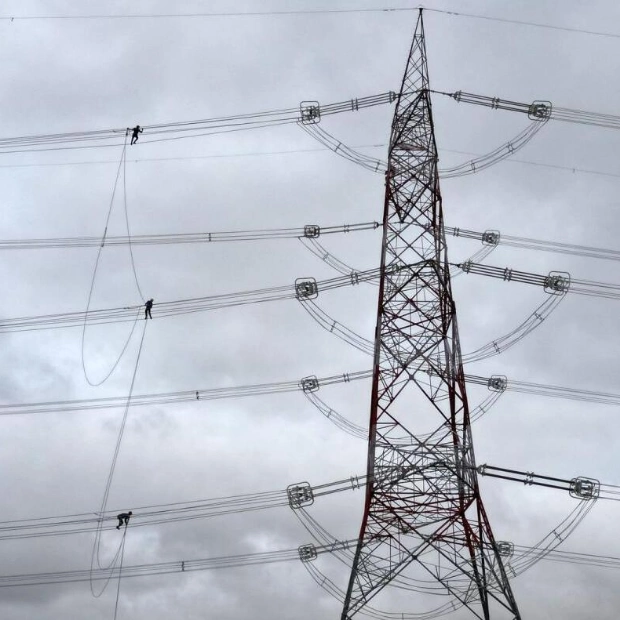When Dubai resident U.B. received a call from a close friend asking her to recharge his e-sim, she promptly went online to fulfill the request. However, the first link she found for the UAE-based telecom operator Etisalat by e& turned out to be a counterfeit site, mimicking the real one with just a slight misspelling. (See photo below) "I am very cautious about scams and double-checked multiple times," she told Khaleej Times. "But I missed the minor spelling discrepancy in the website's name. That was my initial error. The rest of the site appeared identical to the official Etisalat site. I entered my card details and received an OTP. Typically, one only glances at the OTP number without reading the entire message. That was my second mistake. After inputting the OTP, a sum of Dh1954.75 was withdrawn from my account." (See photo below) Now, e& has issued a warning advising people to steer clear of suspicious links and to be vigilant about sharing personal information online. In a video shared on their social media platform X, the company demonstrates how some sites replicate their official ones. The video highlights that while some fake sites use addresses like www.emirates.co.ae or www.etisalat.com, they often display a non-secure tag. U.B. considers herself fortunate to have lost only around Dh2,000. "I've heard of people losing up to Dh30,000," she noted. "The amount I lost is recoverable. It was a costly lesson, one I'll never forget. I won't recharge via websites anymore; I'll use the app or my bank directly." In a joint campaign with the UAE Cyber Security Council, e& provides several tips to help consumers avoid such scams, advising against sharing OTPs or clicking on links without verification. The website also states that company representatives will never ask for money or gifts, only verifying customers with an OTP or security pin. It identifies the top four scam channels — email, voice calls, social media or WhatsApp, and SMS — and lists key signs of fraudulent communication for each. Users are also given options to block and report fraudulent websites and scam callers. According to Abi-Gail Marshman, Head of Financial Crime Consulting – Middle East & North Africa at FTI Consulting, it's crucial for individuals to think before acting, as scam methods are constantly evolving. "People need to be suspicious of every person or link they encounter," she advises. "In the UAE, we tend to be less vigilant because of the country's safety, but it's in our best interest to be cautious."

Text: Lara Palmer
13.06.2024
Counterfeit website dupes cautious user; e& issues advisory on scam awareness and prevention





